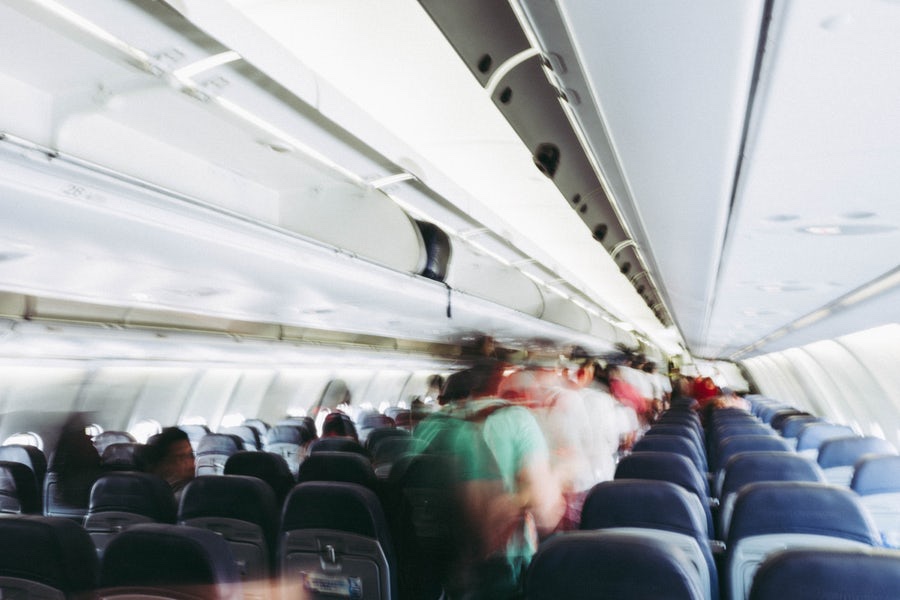A private Titan Airways jet left Birmingham on February 6 carrying 29 people from the UK on a flight bound for Jamaica amid concerns over Home Office tactics. It was the first such flight to take place since the revelations around the Windrush scandal emerged.
Campaigners have condemned the ad hoc system by which some people were expelled from UK while others gained last minute reprieves. More than 50 foreign national offenders who were being held in UK detention centres had reportedly been due to leave on the flight but many of them were able to have their removal cancelled after their lawyers took action. Some people were told they would not be flying only a few hours before the plane was due to leave, while others were removed from the flight just before it took off and returned to detention centres. On arrival passengers were taken to Harman Barracks, in Kingston to be processed.
Lawyers, human rights activists and others have expressed concern about the charter flight and the last-minute nature of the decision to remove some people from it. For many the charter flight was a direct rebuke and a reminder that lessons from the Windrush scandal have still to be learned. The charter flight was said to be justified on the grounds that the people on the flight were foreign national offenders who had committed “very serious crimes” although it was subsequently revealed that many passengers had been convicted of minor offences such as dangerous driving. An official breakdown of the crimes committed by the passengers later showed that one person on the flight had been convicted of murder and four of various sexual offences including rape, while about half of those being deported had been convicted of drugs offences. Six had been convicted of violent crimes including grievous bodily harm and battery, and three of firearms and weapon offences and one person’s conviction was for dangerous driving.
The Home Office said the total combined sentences of the 28 men and one woman on the flight amounted to more than 150 years.
“These ad hoc reprieves are a reflection of the dysfunctional nature of the system.”
Omar Khan, the Runnymede Trust
It has been argued that deportation represents a form of double punishment. Deporting an individual after they have served their sentence abandons all notions of rehabilitative justice. Also, many of the Jamaican nationals booked on the flight had lived in the UK since they were children and several are parents of British children. The former prisons ombudsman Stephen Shaw, who has conducted two independent reviews of immigration detention for the Home Office said the inclusion of people who had lived in the UK since childhood on the flights was “very cruel”. In a report published in July 2018 he recommended that foreign national offenders who had been in the UK since childhood should not be removed.
Shaw noted that while the legislation introduced in 2007 was clear that those who had served sentences of more than a year should be deported, there was some room for manoeuvre by the Home Office. Even those who arrived as adults may have compelling reasons to stay as belonging and human connection are not reducible to a simple timeframe. Many of the people on the flight no longer have familial connections left in Jamaica while others had ongoing asylum applications. Anyone without relatives to stay with would be helped by the National Organisation for Deported Migrants and other housing charities.
A Home Office spokesman said: “The law requires that we seek to deport foreign nationals who abuse our hospitality by committing crimes in the UK. This ensures we keep the public safe.”




